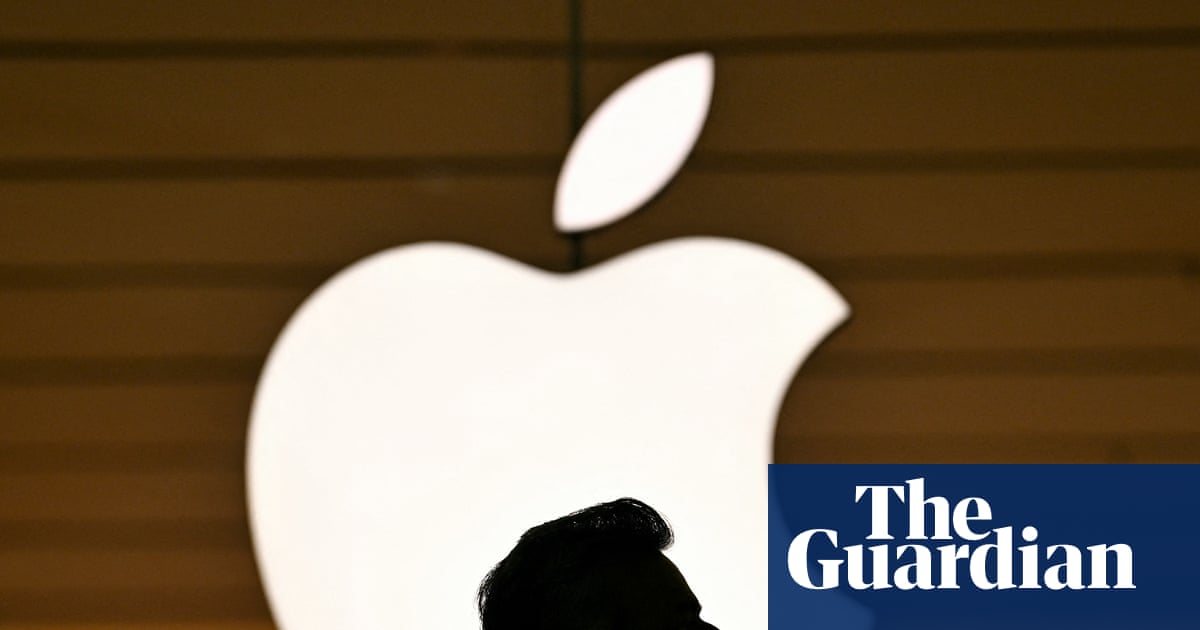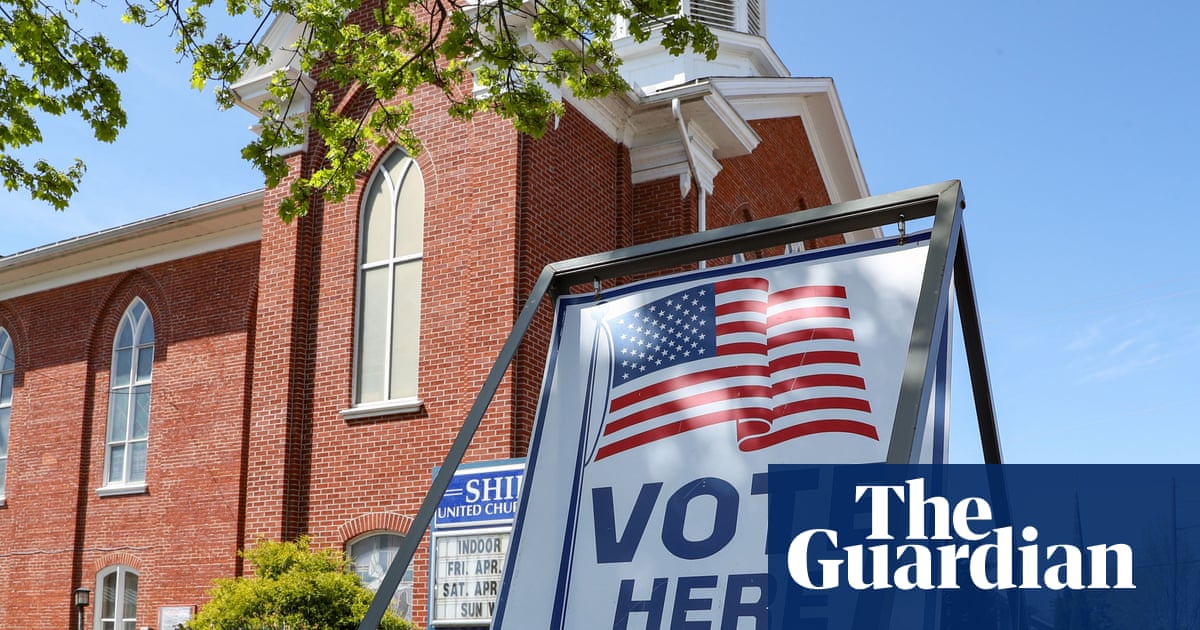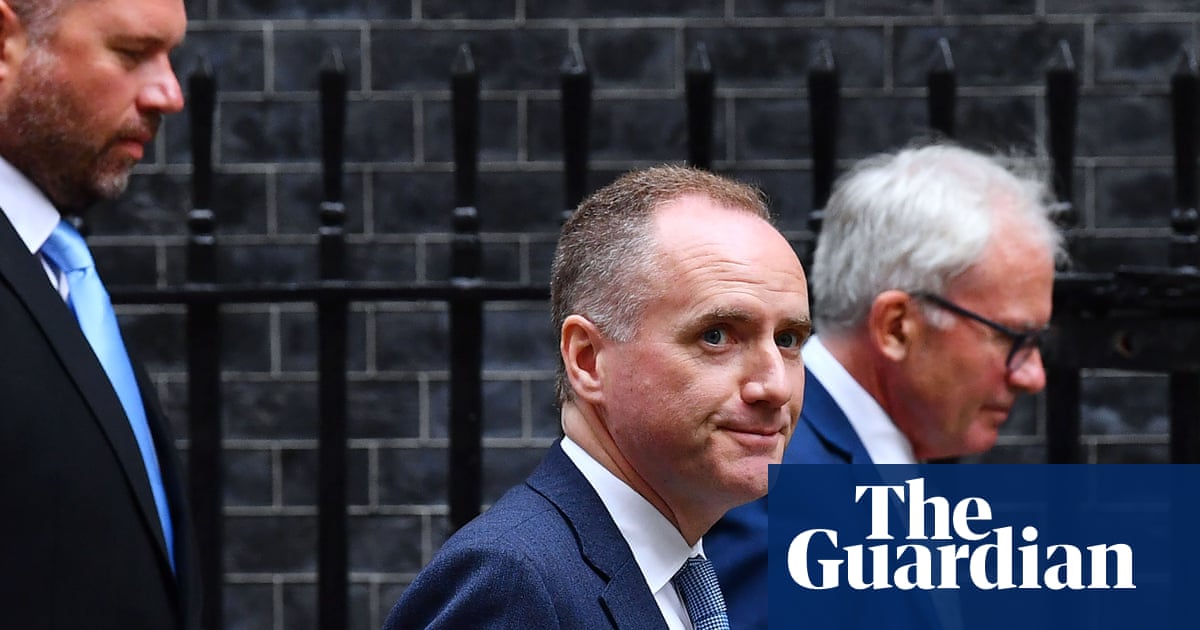The US right has appeared to increase its influence on mainstream media in America in recent weeks, especially in television news which has been a major target of the Donald Trump administration.
CBS News – once home to legends of US journalism like Walter Cronkite and Edward R Murrow – installed a Trump ally as its ombudsman, weeks after the family of Larry Ellison, one of the world’s richest men, and a friend of the US president, sealed control over Paramount, the owner of CBS.
Now Paramount is reportedly looking to buy Warner Bros Discovery, the media behemoth behind CNN, which would potentially bring the influential news network under the roof of an increasingly Trump-friendly conglomerate.
At the same time a long-running family feud among Rupert Murdoch and his children was settled with a deal that will assure Fox News – and other powerful media outlets run by the family – will retain their conservative bent.
The moves deepened concerns among many US media critics and observers of authoritarianism that press freedoms in the US were undergoing capitulation to the Trump administration’s rightwing authoritarian leanings.
At CBS News, parent company Paramount placed Kenneth Weinstein, the former head of the conservative Hudson Institute thinktank, to oversee public complaints. But without a background in journalism and being politically close to Trump, Weinstein is viewed as a potential conduit of administration influence.
“It could be that Weinstein’s appointment represents an effort to turn down the temperature,” says Kathleen Culver, director of the UW-Madison School of Journalism and Mass Communication, against the pressure of Trump’s frequent complaints of liberal bias in the media.
“Or it could be part of a larger effort to redesign CBS News to pursue neutral coverage or take a more partisan tack, either in pursuit of a corporate owner’s partisan goals or in pursuit of a larger audience and a proper profit motive.”
But the timing of Weinstein’s appointment came days after Kristi Noem, the homeland security secretary, complained of biased editing of her CBS Face the Nation interview on Sunday, and two months after CBS-Paramount agreed to pay the president $16m to settle a complaint that CBS News unfairly finessed to a 60 Minutes pre-election interview with Kamala Harris. Nearly all experts saw the Trump suit as having little merit, but it appeared to ease the clearing of the sale.
CBS also said it would no longer permit editing of its interviews prior to broadcast – a rare move in US news shows where edited interviews are commonplace.
Separately David Ellison, the new CEO and chairman of Paramount, and son of Oracle founder Larry Ellison, is said to be pursuing the Free Press, an “anti-woke” start-up founded by controversial ex-New York Times journalist Bari Weiss.
In a potential deal rumored to be worth millions of dollars, Weiss will – in theory – be given a role re-shaping CBS News editorial content in the direction of the Free Press and change, as media newsletter Puck noted last week, “the editorial posture and reputation of one of the most storied, and certainly self-important, institutions in American Journalism”.
On Friday, after the assassination of rightwing influencer Charlie Kirk a day earlier, Paramount took down an August episode of South Park lampooning Kirk’s debate speaking style in the character of Cartman after complaints. When it was published, Kirk himself had laughed off the characterization, calling the segment “hilarious” and said he considered it a “badge of honor”.
From a purely economic perspective, taking a news business to the right could make some economic sense. Shares in Murdoch-controlled Fox Corporation, owner of rightwing Fox News Channel, are up more than 40% since Trump was re-elected.
Fox News won 63% of total day cable news viewers and 65% of primetime consumers in August, while CNN and MSNBC lost half of their audience across both metrics compared with a year earlier
Last week, the long-running dispute between four children of the 94-year-old media mogul was settled. Murdoch’s eldest son and appointed successor, Lachlan, along with his two younger sisters, Chloe and Grace, was assured control of the family business – and its political leaning firmly to the right – until at least 2050. The three disputing siblings – James, Elizabeth and Prudence – walked away with $1.1bn each.
Though Trump is pursuing a lawsuit against the Murdoch-owned Wall Street Journal for its reporting of Jeffrey Epstein birthday book entry, the immense power of Fox in American politics is now assured to continue for the foreseeable future.
“Trump’s relationship with Murdoch is of course all over the place,” said Bob Thompson, a Syracuse University media professor.
But, Thompson says, the settlement of the 60 Minutes lawsuit was “clearly a capitulation to the federal government because they wanted to get the merger through. I can’t think of any prior historical context where CBS have ever rolled over on that.”
The same may also be true for when CBS cancelled the late night talk show hosted by Trump antagonist Stephen Colbert, though CBS said it was purely for financial reasons. “I don’t think they were lying,” Thompson said, “because part of that financial decision was they wanted the [merger] deal to go through.”
Nor is it just television where the right’s grip is stiffening.
At the Washington Post, Adam O’Neal, a former correspondent from the Economist and Wall Street Journal editorial writer, was recently tapped by owner Jeff Bezos to champion “personal liberties and free markets” in its opinion pages – another sign that a once centrist or left-leaning publication is drifting right.
But not every US media business is heading that way – when Mark Guiducci, Vanity Fair’s new editor, reportedly recently floated the the idea of putting Melania Trump on the cover, it prompted backlash from some staffers whose outrage quickly leaked out into the press.

 2 months ago
41
2 months ago
41

















































